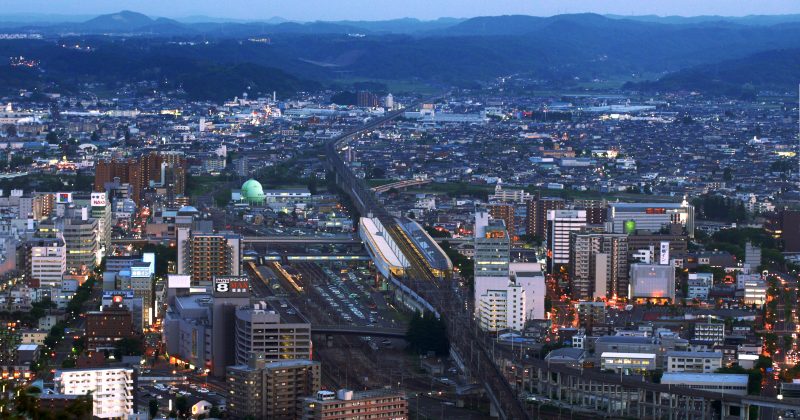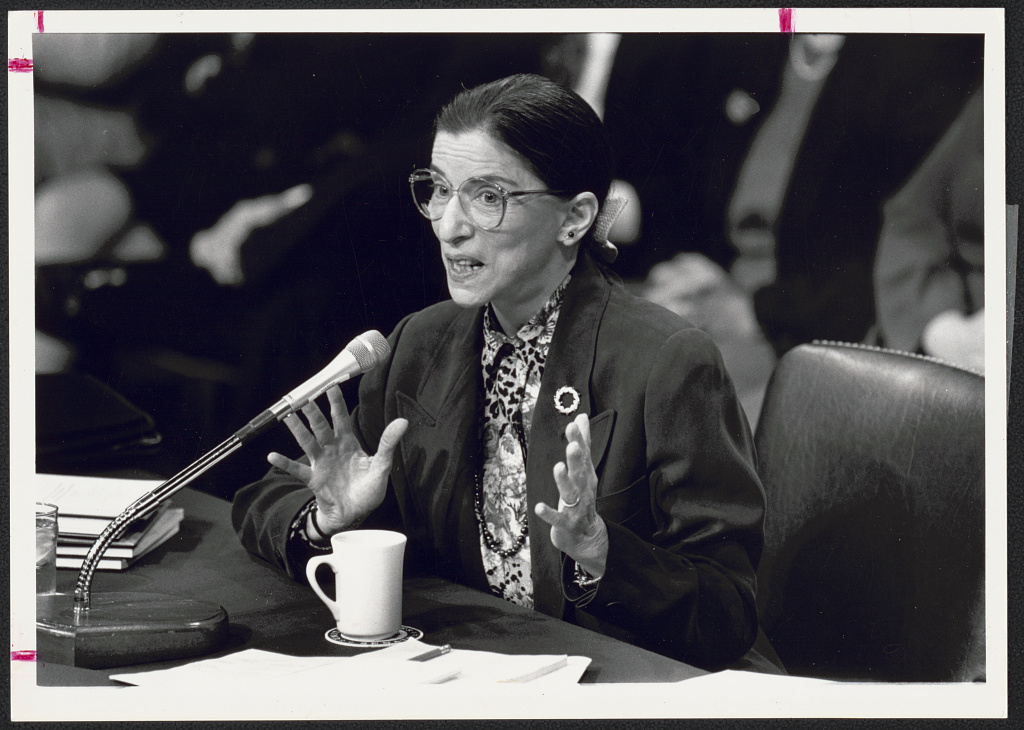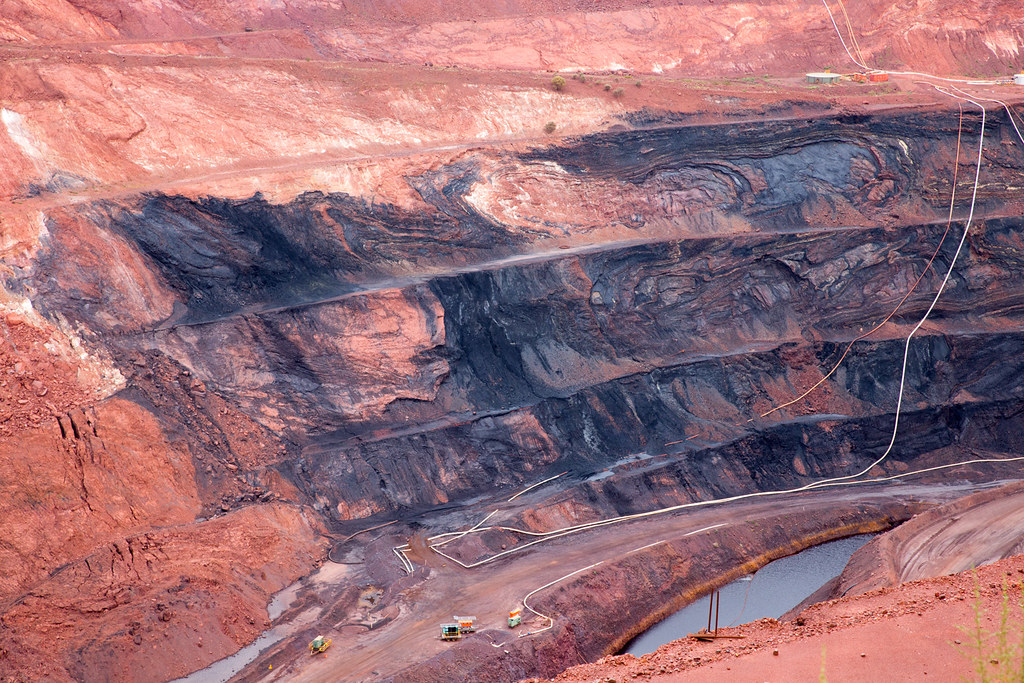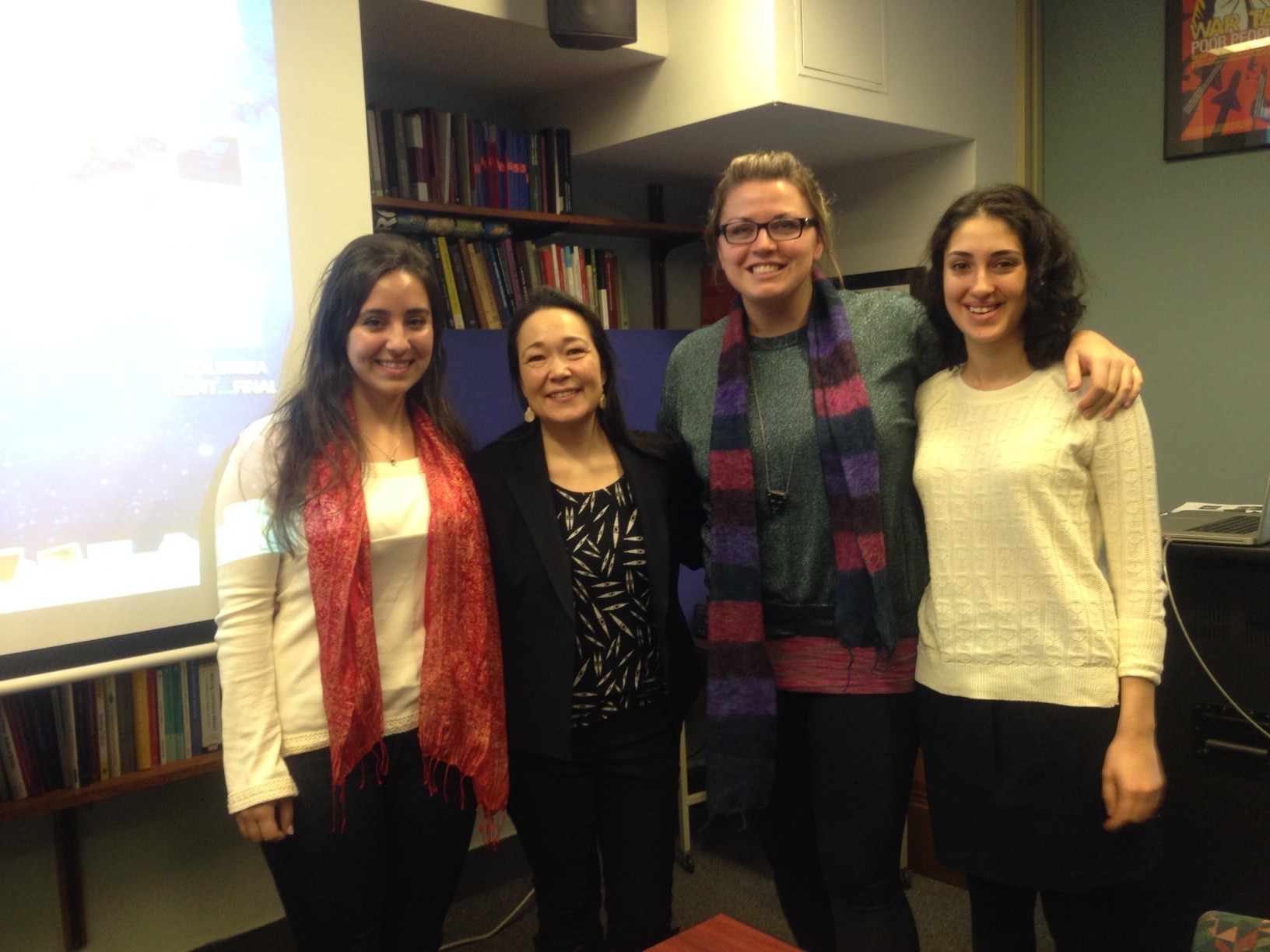
The Fukushima Disaster and Indigenous Rights in Japan
By Philip Alexander, a law student at at the National University of Juridical Sciences, Kolkata.
Introduction
In 2011, the Tohuku earthquake and tsunami destroyed three of the Tokyo Electric Power Company’s (TEPCO) six nuclear power plants located in the Fukushima prefecture of Japan, resulting in the emission of several volatile radionuclides into the air and water. Recently, TEPCO announced the Japanese Government’s approval to dispose of 1.25 million tonnes of decontaminated radioactive wastewater into the Pacific Ocean over the next two years. Presently, the wastewater is treated by the Advanced Liquid Processing System (ALPS) operated by Toshiba and Hitachi General Nuclear Electric before disposal. The ALPS has been qualified as an inefficient method in treating radioactive waste as 72% of the water in storage tanks were required to be processed a second time. Additionally, researchers at the University of Nagoya found the presence of high quantities of Cesium-137 and Carbon-14 in the accumulated groundwater. The ALPS cannot filter Carbon-14, implying that the...



